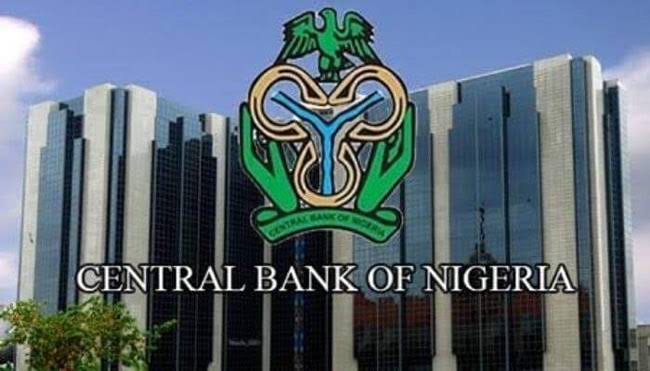The Federal Government has announced plans to concession major highways under the Highways Management and Development Initiative (HMDI) to improve road infrastructure across the country.
Minister of Finance and Coordinating Minister of the Economy, Wale Edun, shared this update during a virtual dialogue in Abuja, emphasizing the government’s commitment to modernizing Nigeria’s road network through private sector participation.
Economic Growth and Stability
Edun also highlighted Nigeria’s economic progress over the past 18 to 20 months, noting that the country narrowly avoided an economic collapse after excessive reliance on illegally borrowed central bank funds that exceeded regulatory limits.
“We are now seeing tangible improvements. In the last quarter of 2024, the economy grew by 3.84%, closely aligning with our annual target of 3.4%,” he said.
Other key economic indicators include:
- Inflation easing by 1.3 percentage points between January and February.
- Food inflation declining, improving affordability for consumers.
- Petroleum and energy costs reducing, driven by market adjustments.
- Exchange rate stabilization, leading to lower costs of imported goods and services, particularly in healthcare and education.
Fiscal Improvements and Investment Focus
Edun reported that Nigeria’s balance of trade had turned positive, with government revenues rising by 20% in 2024. Additionally, the country’s budget deficit is shrinking, and debt servicing as a percentage of revenue has dropped, contributing to overall economic stability.
With these gains, the government is now focused on sustaining growth and attracting private sector investment. Efforts include leveraging technology to enhance revenue generation from government-owned enterprises.
Tax Reforms and Sectoral Growth Plans
As part of fiscal policy adjustments, the government plans to increase the top-end personal income tax rate from 18.6% to 25%, alongside measures to tighten government spending.
Key growth drivers in the coming years will include:
- Agriculture – Improving farming techniques to boost food production.
- Housing – Introducing a 25-year low-interest mortgage to address the housing deficit.
- Infrastructure – Expanding public-private partnerships to enhance road networks and other critical projects.
Funding Shifts and Pension Reforms
Edun noted that the government is shifting away from concessional and bilateral financing towards more affordable funding sources, such as domestic bond issuance.
He also reaffirmed efforts to resolve pensioners’ legacy debts, revealing that over N700 billion in bonds had already been issued for pension payments.
Oil Sector and Private Sector Participation
Despite Nigeria’s continued reliance on oil revenues, the minister emphasized creating a safer, investor-friendly environment to attract foreign and domestic investment in the oil sector.
He stressed the importance of maximizing fossil fuel revenues while encouraging public-private partnerships, joint ventures, and privatization initiatives to stimulate long-term economic growth.
“Now is the time to focus on equity, revenue generation, and increased private sector participation, both locally and internationally,” Edun concluded.








Leave a Reply to Sampson Blessing Friday Cancel reply